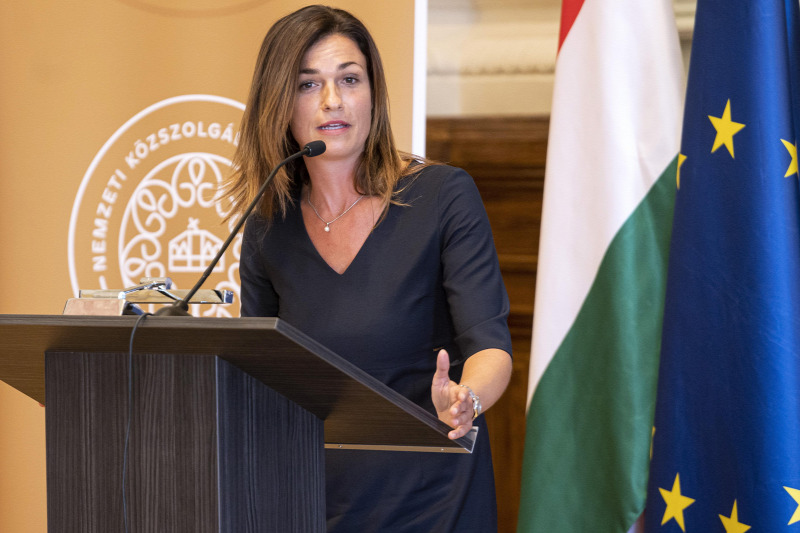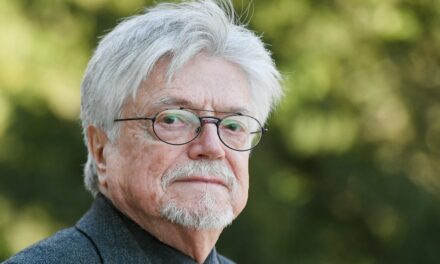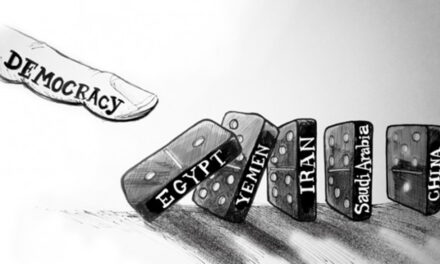Hungary's 7 points about the future of Europe directly, in defense of common sense - with this title, Justice Minister Judit Varga uploaded a video to her social media page. The Hungarian government also published its 7 points on the future of Europe, said Judit Varga.
The minister said that he is aware that there will be those who do not sign these points, but the Hungarian government at least put something on the table, played with open cards and started a dialogue, which is also crucial in democracy.
" Sometimes we see that there is a difference between what is written on paper and reality. We want to preserve the status quo, and that's why we created our seven points, " Judit Varga added, then listed:
- The first is that we think Brussels should not build a superstate. We do not believe that overriding the states and member states, let's say nation-states, is the right direction. Because, for example, no one has given authorization for this. So the increasingly close union concept should not harm diversity or the "unity in diversity" concept, which is also the motto of the European Union. So we say no to the European empire, because we believe that our colors should be preserved and the slogan "unity in diversity" should prevail, in which case unity is just as important as diversity.
- As a second point, we believe that integration is a means, a goal, but by no means an end in itself. Therefore, this ever-closer, always deepening and deepening EU concept must be abolished. We should strive for deeper integration only in those areas where it has added value when we create a smarter Europe together. However, the self-serving imposition of deeper and deeper integration would only be at the expense of cooperation.
- Thirdly, we believe that decisions should be made by elected leaders. This is very important, because this is democracy. A European value also according to Article 2: democracy, freedom, human dignity, equality, rule of law, non-discrimination, etc. So we say no to the outsourcing of the rule of law, we say no to the outsourcing of democratic will and democratic representation to civil society organizations, because the elected leaders must be the driving forces of the union, not NGOs that have no political responsibility.
- The fourth is that the strength of European integration is ensured by common economic successes. If we cannot appreciate each other's success, if we are frustrated by the fact that some member states are successful, if we cannot rejoice in each other's successes and if we cannot find the synergies between these successes, then the entire Union has no future.
- Fifth, the next decade will be a period of dangerous challenges, with mass migration and global epidemics, so we must protect the people of Europe. We must focus our efforts on such novel challenges, as they will await us in the coming decades.
- Sixth: we must restore democracy in Europe. We believe that the European Parliament is a dead end where only their own ideological and institutional interests are represented. The role of national parliaments must be strengthened.
- As a final point, he said: the European Parliament has become an institution that lives only for its own ideological interests, but does not necessarily serve the interests of the entire community. And ceterum censeo, Serbia should be included in the European Union, because we believe that the European Union has a much greater interest in the integration of the Western Balkan countries than the other way around.
Source: Facebook / hirado.hu
Photo: Justice Minister Judit Varga / SOURCE: MTI/ZSOLT SZIGETVÁRY













